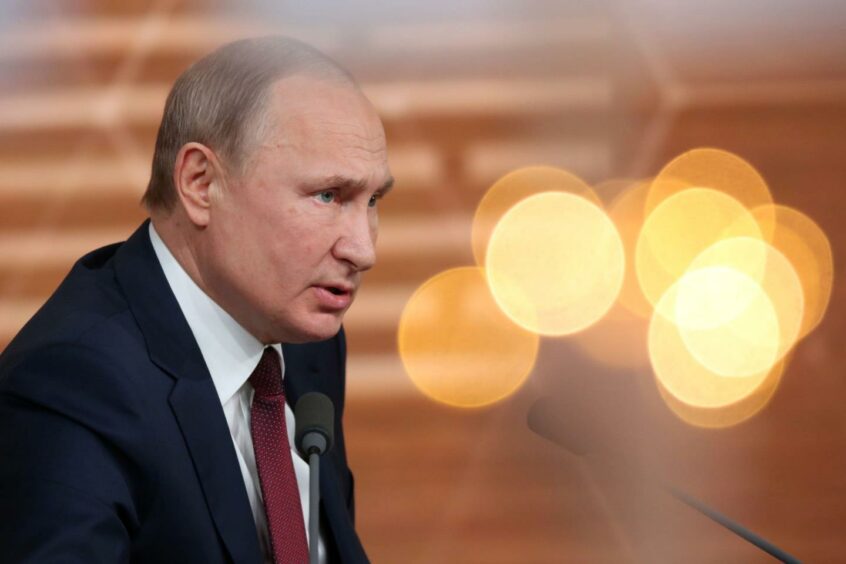
Oil pushed higher in Asian trading following a wild session in which prices spiked above $100 a barrel before giving up gains after Russian energy supplies were spared from sanctions.
West Texas Intermediate climbed around 3% after surging more than 9% at one point on Thursday. Oil pared most of that advance as US President Joe Biden made it clear that Western powers were not willing to sacrifice their own economies to penalise Moscow for its invasion of Ukraine. Global benchmark Brent crude got close to $106 a barrel during the dramatic session.
While the US imposed its toughest ever sanctions on Russia as its tanks and troops moved closer to the Ukrainian capital, it said restrictions on currency clearing would include carve-outs for energy payments, a crucial source of revenue for Moscow. Biden also said Russia will not be barred from the Swift international banking network because Europe opposed that action.
“The initial concerns that oil would be caught up in any sanctions on Russia has eased, resulting in prices pulling back from yesterday’s rally,” said Daniel Hynes, a senior commodity strategist at Australia & New Zealand Banking Group Ltd. “However, steep discounts being offered for Russian crude are still not receiving bids. This suggests there may still be some supply issues if banks can’t facilitate trade in the short term.”
Prices
WTI for April delivery climbed 2.8% to $95.43 as of 9:40 a.m. in Singapore after settling 0.8% higher on Thursday
The U.S. benchmark is up 4.8% for the week
Brent for April settlement advanced 2.8% to $101.82 after closing up 2.3% in the previous session when it peaked at $105.79
Russia’s invasion of Ukraine has spooked a global oil market that was already perilously tight due to the inability of supply to keep up with the demand recovery from the pandemic. Biden said the US is working with other major consuming nations on a coordinated reserves release. Any such sales would need to be very large to have a major impact on prices, however.
Japan and Australia have indicated they may be part of an international reserves release, but China said it had no immediate plans to intervene in oil markets. A spokesperson for Beijing said it would only consider such a move when the geopolitical situation had stabilised.
Brent crude is still deep in backwardation, even after the West didn’t sanction Russian energy, highlighting investor nervousness over the tight supply situation. The global benchmark’s prompt spread was $3.60 a barrel in backwardation compared with $1.82 two weeks ago. The discount of WTI to Brent, meanwhile, ballooned to its widest since April 2020, possibly incentivising traders to explore arbitrage opportunities.